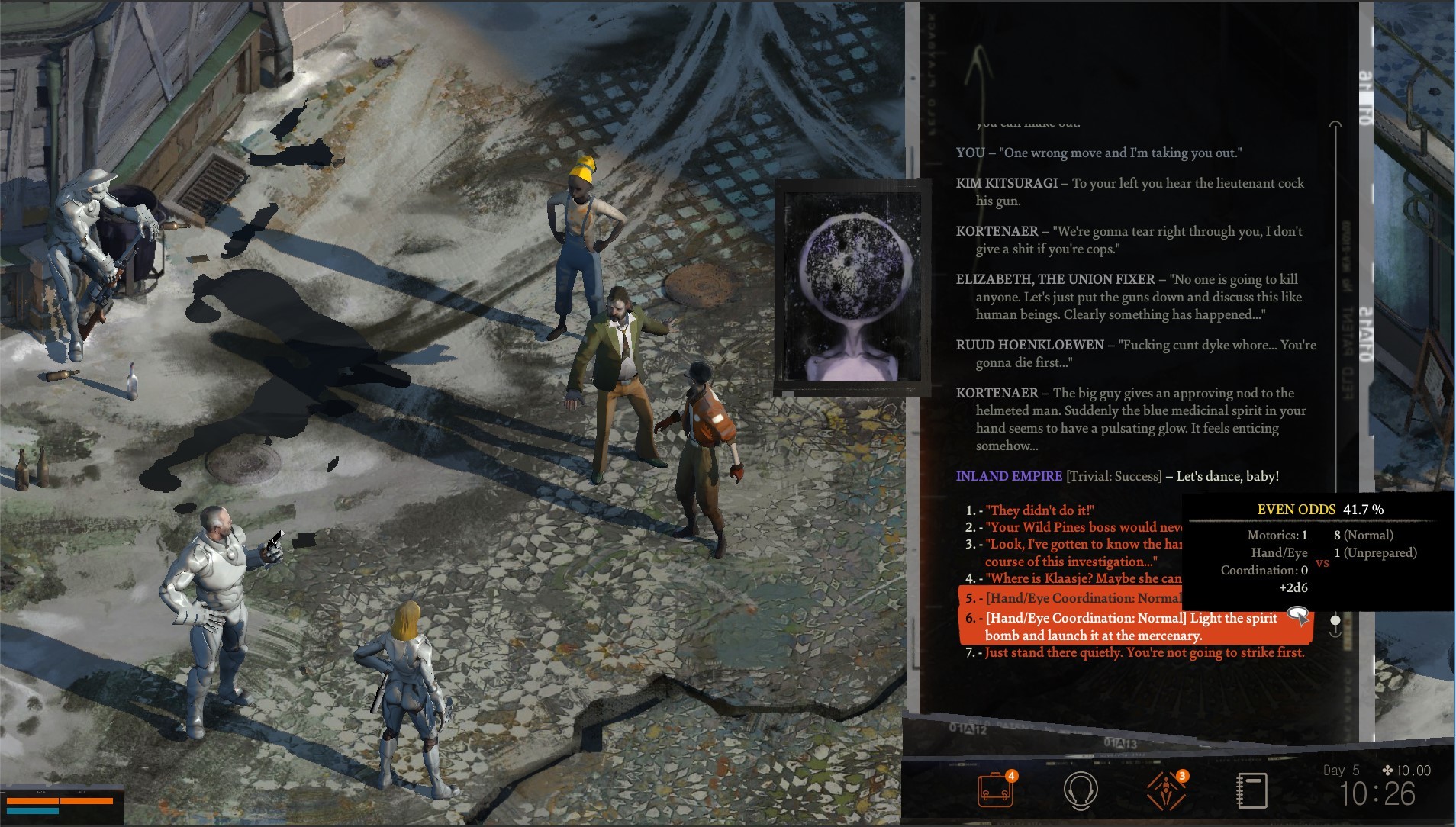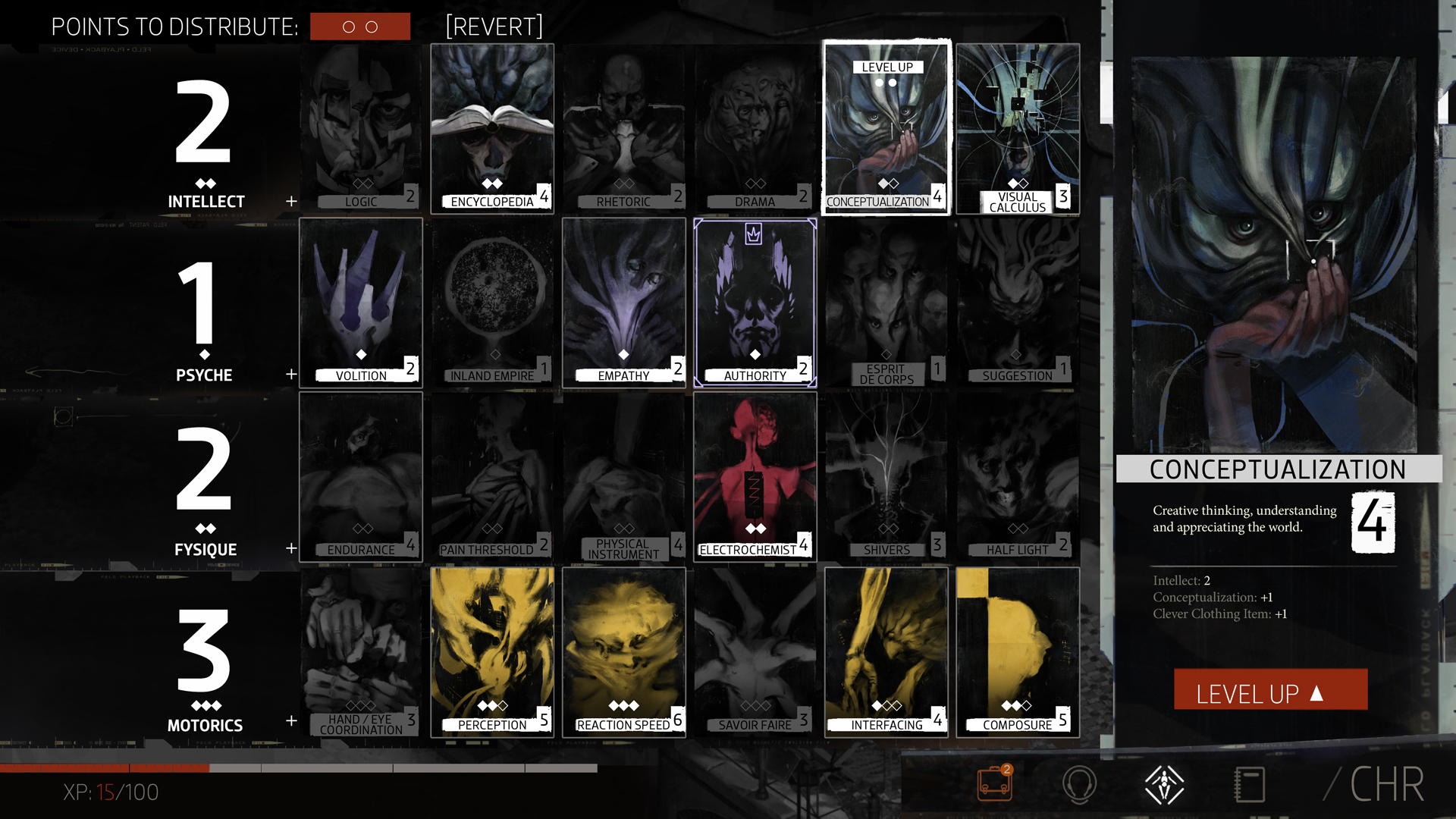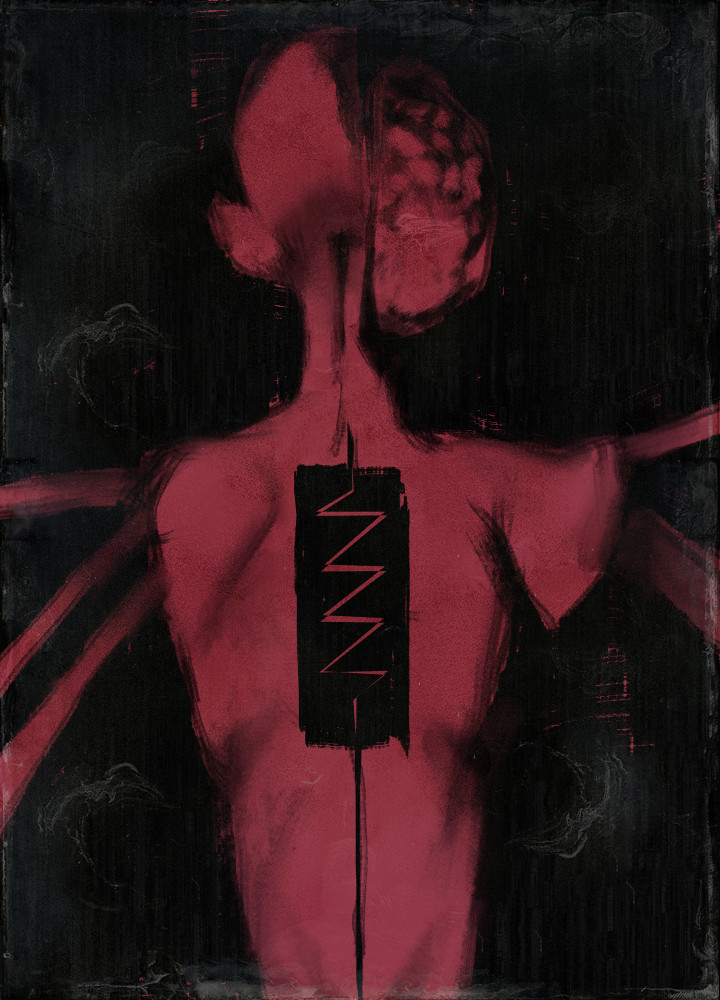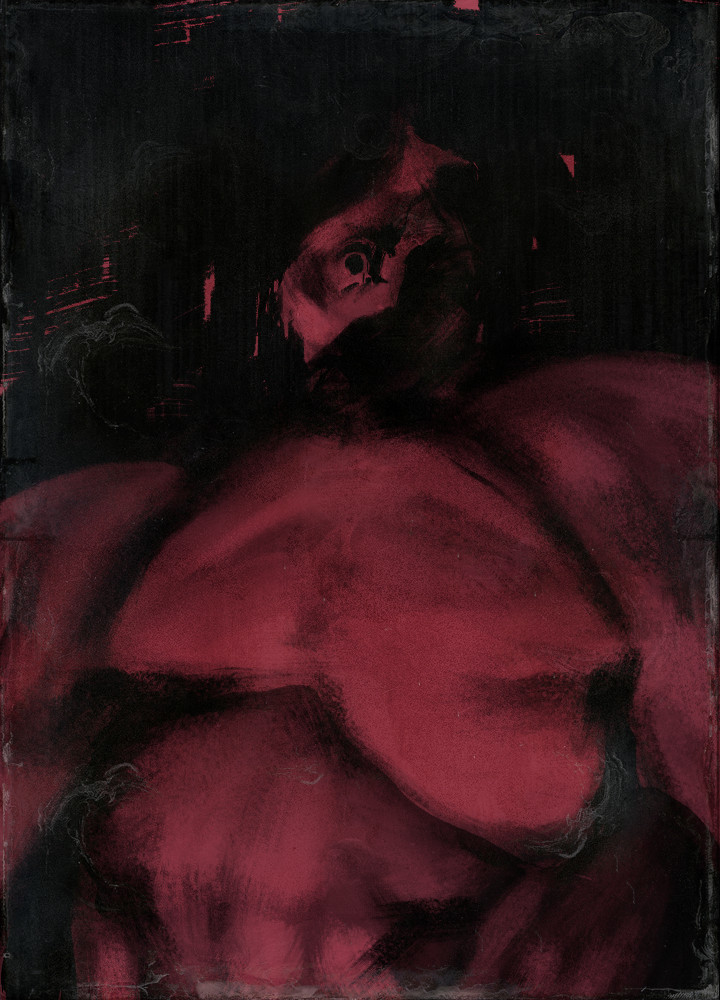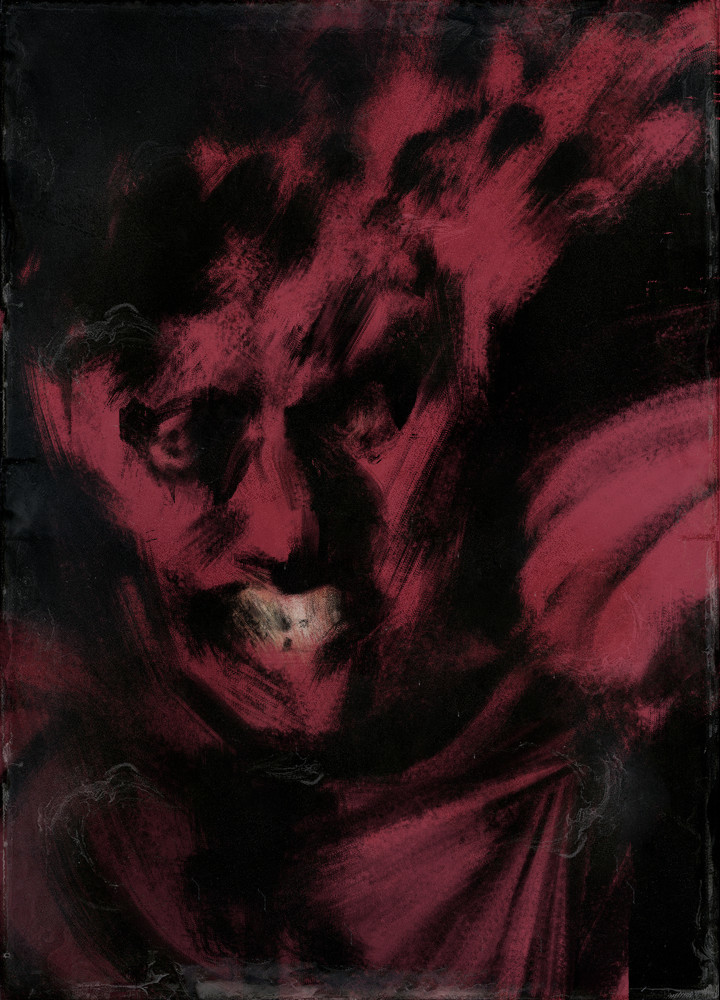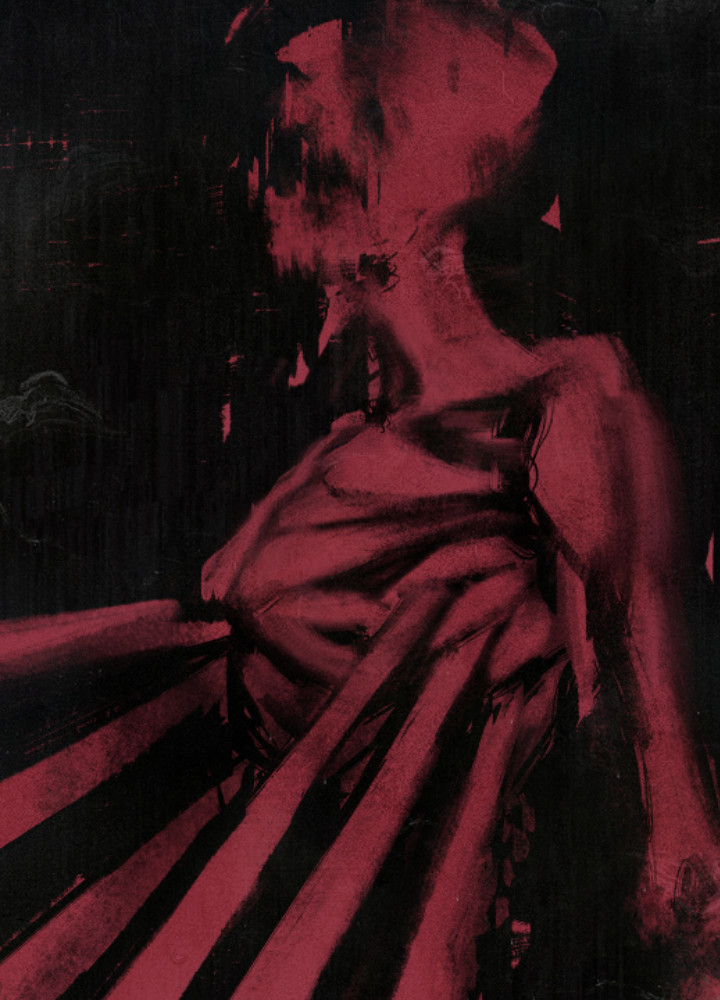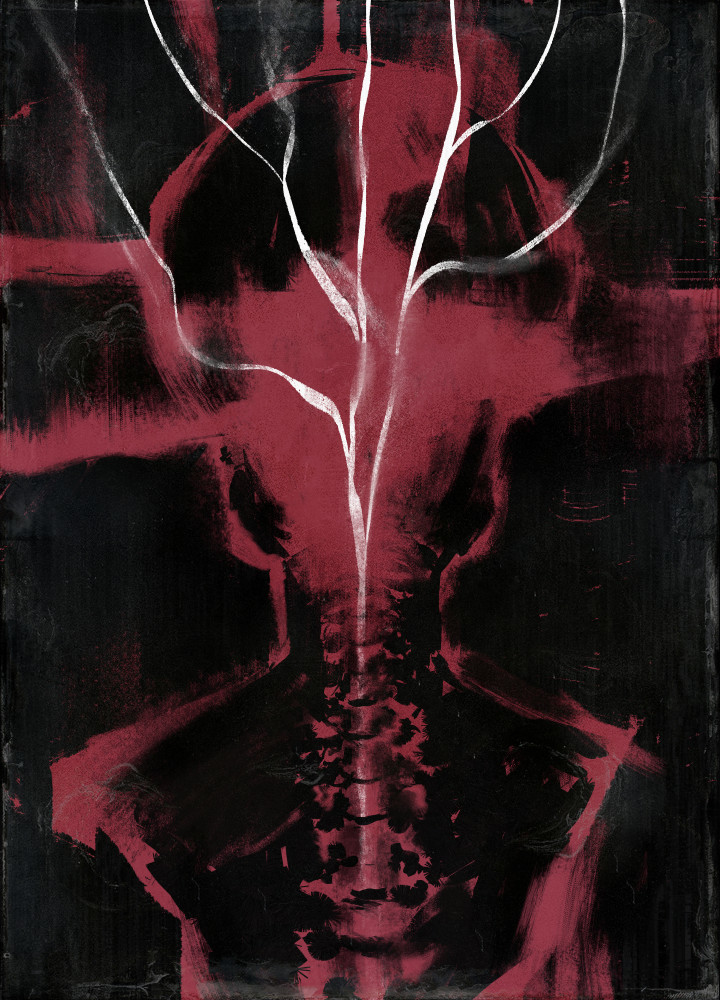
May 15, 2018
Disco Elysium - The Final Cut - ZAUM_Dani
Hey folks!
We recently created a shiny new Disco(rd) Elysium server.
Come & hang out with our ZA/UM devs, ask questions, and see sneak previews/behind the scenes of your favourite upcoming Detective RPG ;) Join us here
We also now have a Twitch Channel!
On Friday, Kaspar, Aleksander & Helen hosted a stream of Pillars of Eternity II: Deadfire with George Ziets from inXile Entertainment. George is well known for his work on Torment: Tides of Numenera, Neverwinter Nights 2: Mask of the Betrayer, and the original Pillars of Eternity.
We had a great time, thank you to everyone who dropped by, including Obsidian themselves! If you missed it, catch up here.
And don't forget to keep up to date with all our social hijinks on:
Twitter
Facebook
Instagram
Thanks!
Dani :)
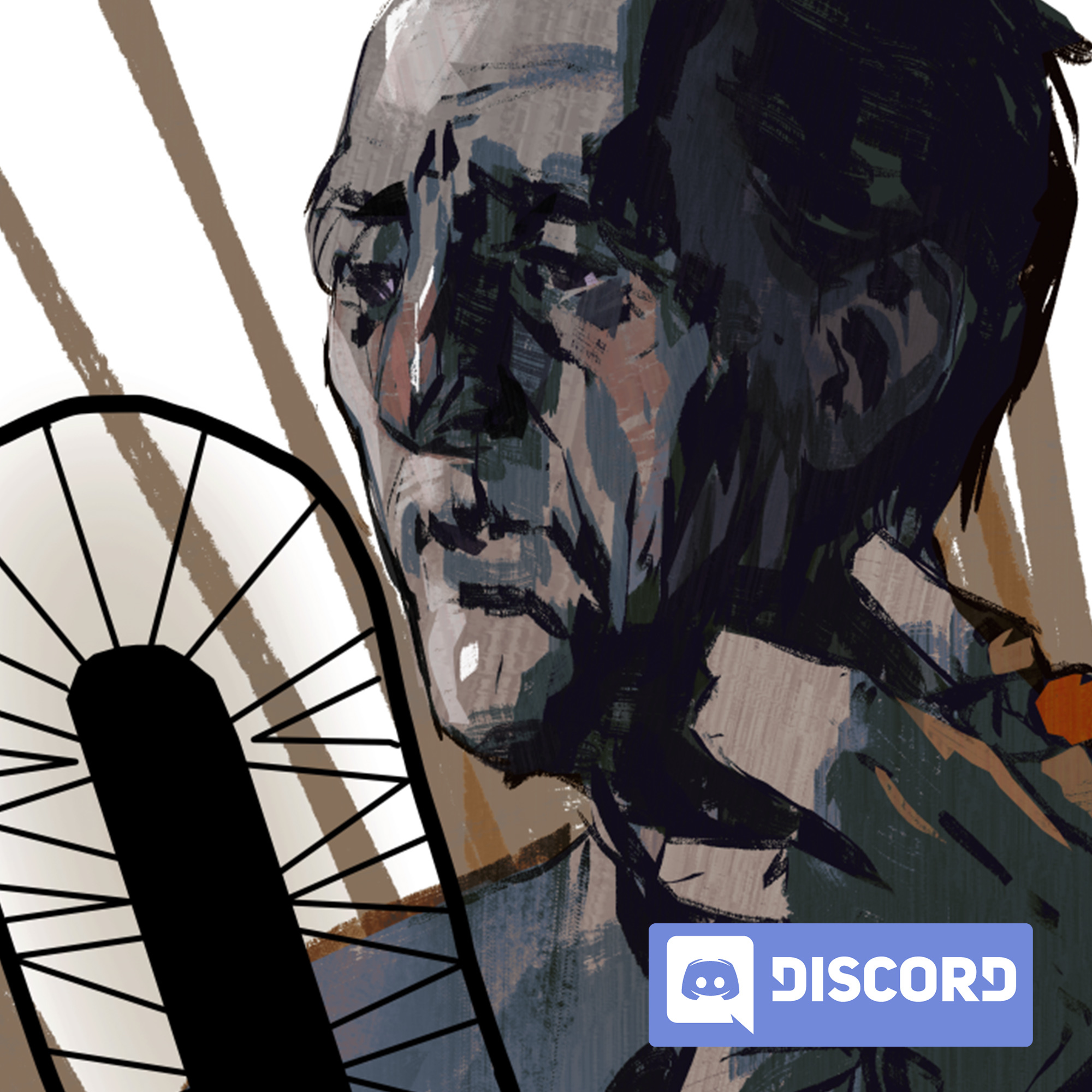
We recently created a shiny new Disco(rd) Elysium server.
Come & hang out with our ZA/UM devs, ask questions, and see sneak previews/behind the scenes of your favourite upcoming Detective RPG ;) Join us here
We also now have a Twitch Channel!
On Friday, Kaspar, Aleksander & Helen hosted a stream of Pillars of Eternity II: Deadfire with George Ziets from inXile Entertainment. George is well known for his work on Torment: Tides of Numenera, Neverwinter Nights 2: Mask of the Betrayer, and the original Pillars of Eternity.
We had a great time, thank you to everyone who dropped by, including Obsidian themselves! If you missed it, catch up here.
And don't forget to keep up to date with all our social hijinks on:
Thanks!
Dani :)





